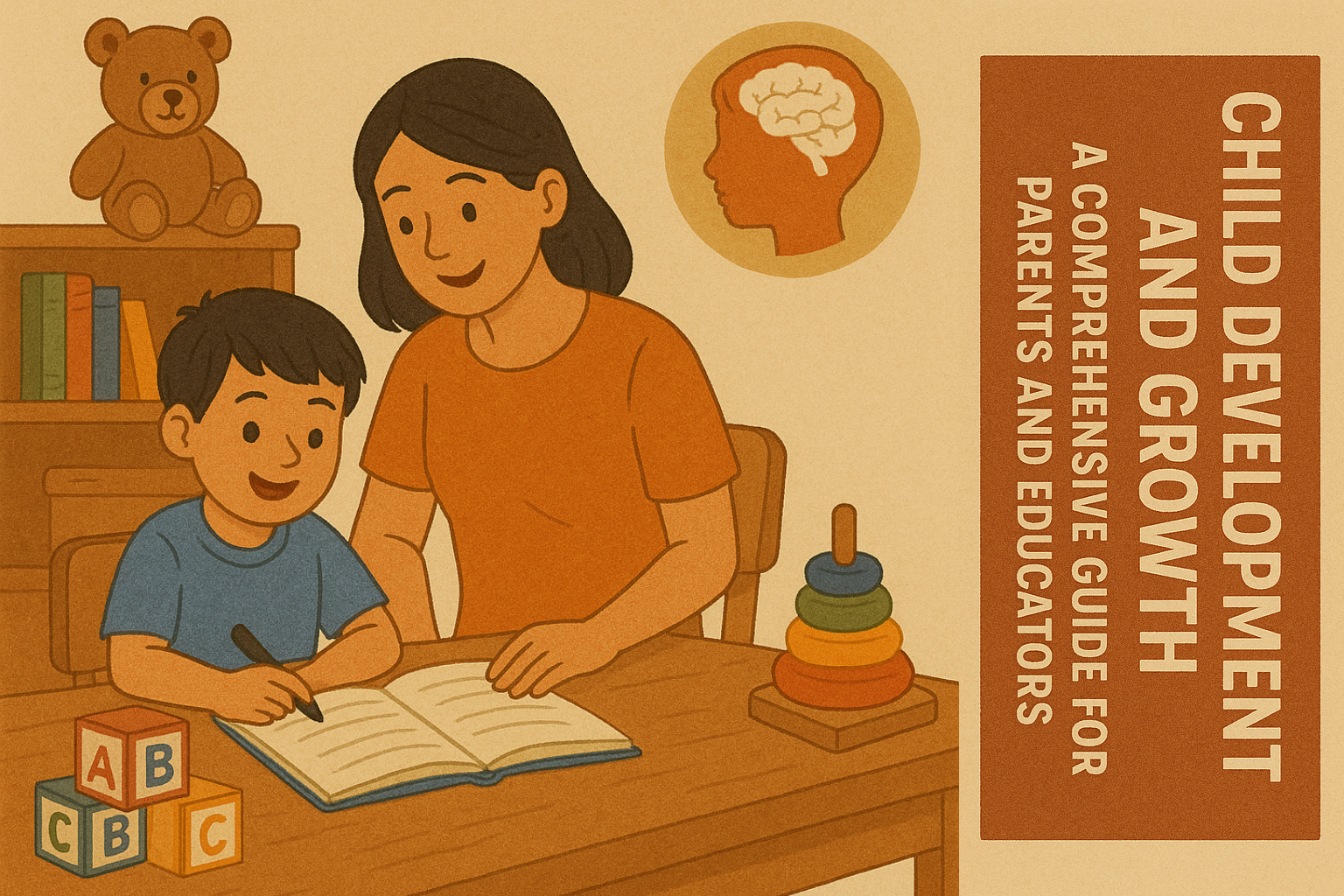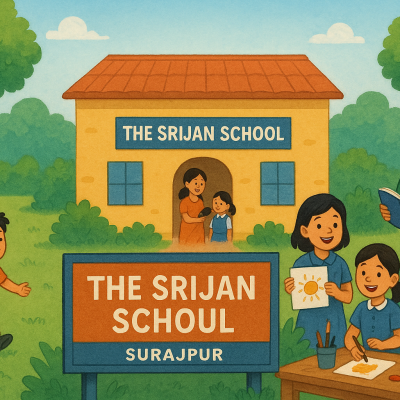Child development and growth are critical topics for parents and educators alike. Every child progresses at their own pace, but understanding the general milestones and stages of development helps in providing the right environment and support. In this blog, we’ll explore the various aspects of child development, including physical, cognitive, emotional, and social growth.
What is Child Development?
Child development refers to the sequence of physical, language, thought, and emotional changes that occur in a child from birth to adulthood. These changes are influenced by a combination of genetic factors and environmental influences, including family, culture, and learning experiences.
The Importance of Understanding Child Development
Recognizing the stages of child development is essential for educators and parents to:
- Support learning: Tailoring educational activities to the child’s developmental stage can enhance learning.
- Identify potential challenges: Early detection of developmental delays allows for timely intervention.
- Foster emotional well-being: Understanding emotional growth helps caregivers support the child’s mental health.
The Stages of Child Development
1. Infancy (0-2 years)
- Physical Growth: Babies grow rapidly, tripling their birth weight by age one. Milestones include rolling over, crawling, and walking.
- Cognitive Development: Infants begin to explore their world through their senses. They develop object permanence, recognizing that objects continue to exist even when out of sight.
- Social and Emotional Development: Attachment to caregivers is crucial. Babies begin to recognize familiar faces and may experience separation anxiety.
2. Early Childhood (2-6 years)
- Physical Growth: Children become more coordinated, mastering tasks like running, jumping, and using utensils.
- Cognitive Development: This is a time of rapid language development. Kids start asking questions and develop problem-solving skills.
- Social and Emotional Development: Play becomes more interactive, and children begin to understand sharing and cooperation. Emotional regulation also begins to improve.
3. Middle Childhood (6-12 years)
- Physical Growth: Growth slows but is steady. Fine motor skills improve, allowing children to engage in complex tasks like writing and playing instruments.
- Cognitive Development: This stage is marked by logical thinking and the ability to understand rules and consequences. Children develop reading, writing, and mathematical skills.
- Social and Emotional Development: Friendships become more important, and children start to form their own identities. Peer relationships have a significant influence on behavior and self-esteem.
4. Adolescence (12-18 years)
- Physical Growth: Puberty brings about rapid physical changes. Adolescents may experience growth spurts and develop secondary sexual characteristics.
- Cognitive Development: Abstract thinking and problem-solving skills improve. Teens begin to think critically and may question authority or societal norms.
- Social and Emotional Development: This is a time of identity exploration. Peer pressure becomes stronger, and emotional ups and downs are common due to hormonal changes.
Key Factors Affecting Child Development
- Genetics: Heredity plays a significant role in physical growth and cognitive abilities.
- Nutrition: A balanced diet is essential for proper brain and body development.
- Family Environment: A nurturing and supportive home environment fosters emotional well-being and cognitive growth.
- Education: Early learning experiences, including preschool, play a crucial role in language and social skills development.
- Physical Activity: Regular exercise enhances physical development and mental health.
- Sleep: Quality sleep is necessary for brain development and emotional regulation.
Tips for Supporting Child Development at Each Stage
- Infancy: Encourage sensory play to develop cognitive and motor skills. Build a secure attachment through responsive caregiving.
- Early Childhood: Engage in activities that promote language and social interaction. Provide opportunities for imaginative play.
- Middle Childhood: Support academic learning through homework help and encourage extracurricular activities.
- Adolescence: Foster open communication and provide a safe space for teens to express themselves. Encourage physical activity and healthy social relationships.
Common Challenges in Child Development
- Developmental Delays: These may manifest in speech, motor skills, or social behavior. Early intervention is key.
- Behavioral Issues: Challenges like hyperactivity, aggression, or anxiety may arise. Understanding the root cause, such as stress or learning difficulties, can help manage these behaviors.
- Learning Disabilities: Children with learning disabilities may struggle with reading, writing, or math. Specialized education plans and support can help them thrive.
The Role of Schools in Child Development
Schools play a vital role in nurturing a child’s development. Educators are often the first to notice developmental delays or challenges. Providing a well-rounded education that includes physical activity, creative expression, and social learning is essential for balanced growth.
Why a Holistic Approach is Important
A child’s development cannot be compartmentalized. Cognitive, physical, social, and emotional growth are all interconnected. For example, emotional challenges like anxiety can hinder academic performance, while physical health can affect social confidence. Schools and parents must collaborate to provide a comprehensive approach to child development.
Conclusion
Child development is a complex process influenced by various factors, from genetics to the environment. By understanding the key stages and providing appropriate support, parents and educators can help children reach their full potential. Fostering a positive, nurturing environment both at home and in school is crucial for promoting healthy physical, cognitive, social, and emotional growth.
For more information on child development or tips on supporting your child’s growth, contact our school’s educational experts.





